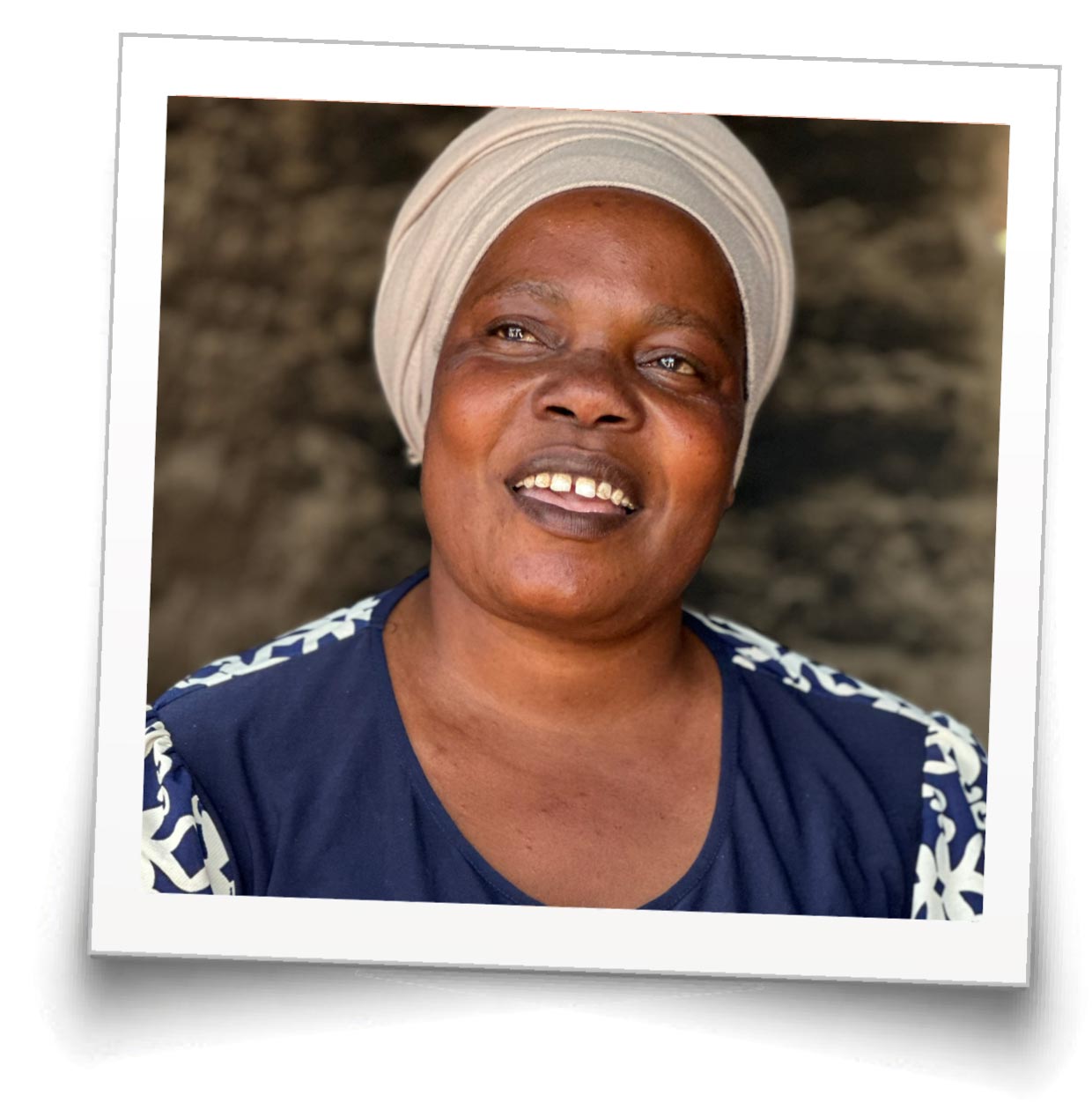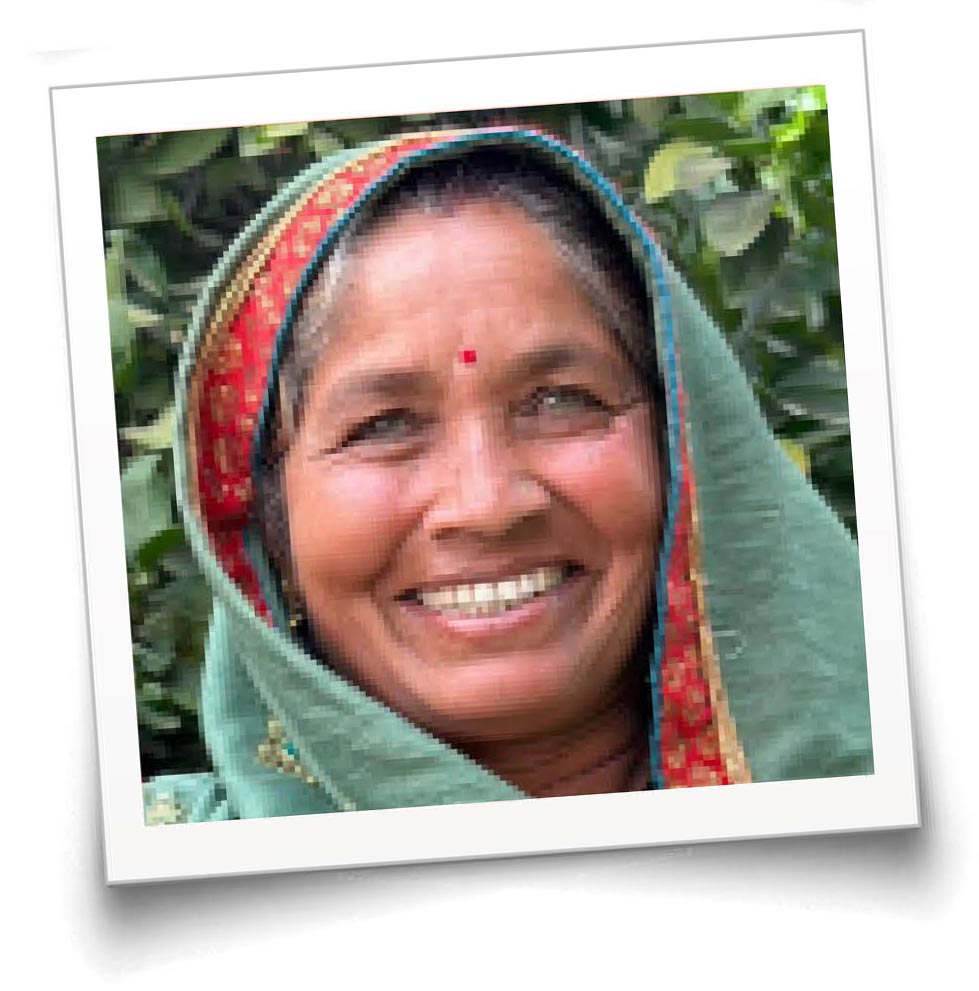Women in India’s agricultural sector play a key role in the fight against climate change. The bioRe® Foundation supports women in this: over 881 women have taken part in our women’s support program in the last few months alone. In the women’s groups of the bioRe® Association India and in Tanzania, they not only discover their potential, but also learn how to make targeted use of it. And because we support the women over the long term, deeper connections are formed, resulting in greater commitment, which ultimately achieves more. Most importantly, the women are also specifically introduced to entrepreneurial thinking – a crucial step in actively involving them in decision-making processes. Although 75% of working women in India’s rural areas are involved in agriculture, only 12% of them own their own land.
By empowering women, they are not only changing their own lives – they are actively shaping their future and ours. We are delighted to introduce four participants from our women’s groups to you today:

Lalita Bai Rathore,
bioRe® organic cotton farmer,
Choti Kasrawad, India
While Lalita contributes to the global value chain of the textile industry with bioRe cotton, she has also realized a personal dream – setting up her own flower farm. Today, she is not only a farmer, but also a clever businesswoman who knows the market value of her flowers and is successful in her entrepreneurial activities.


Pushpa Solanki,
bioRe® organic cotton farmer,
Kasrawad, India
In addition to farming in Kasrawad, Pushpa keeps cows and buffaloes so that she has an additional daily income. With two buffaloes, she can sell 10-11 kilograms of ghee (clarified butter). She manages what she earns from this herself. She gives money to her sons, who are in education, or helps out around the house when money is needed. But what gives her strength is dreaming. We reported on her in detail at Christmas: About singing and dancing.


Zuena Hemed,
bioRe® organic cotton farmer,
Mwamishali, Tanzania
“We depend on the rain for the cotton harvest, but the rain has changed,” says organic cotton farmer Zuena Hemed from Mwamishali, Tanzania. She works in a type of agroforestry that combines elements of arable farming and animal husbandry with those of forestry. “Through agroforestry, we nourish the soil, store more water and have additional sources of income such as fruit and firewood.”


Gomati Bai,
bioRe® village Bhamori,
Kasrawad, India
“The people in the village know that all our produce is grown organically. They are therefore happy to pay more for my vegetables. I get the best price for our chili. My husband brings it to the market. My whole family is proud.”

Mahesh Birla, seed specialist at bioRe association India, also says how important women are in the entire production process:
“Women in production are key knowledge holders.
Their participation ensures that the seed selection
the real conditions in the field and
the best possible results for the farmers,
and the industry and the environment.”
*We quote the article Indian Women are Superheroins.
